For the first time ever, scientists have tracked the brain activity of mammals navigating in the wild – not in a lab, but out in the open world.
A small group of fruit bats soared across the skies of Latham Island, doing what bats normally do….
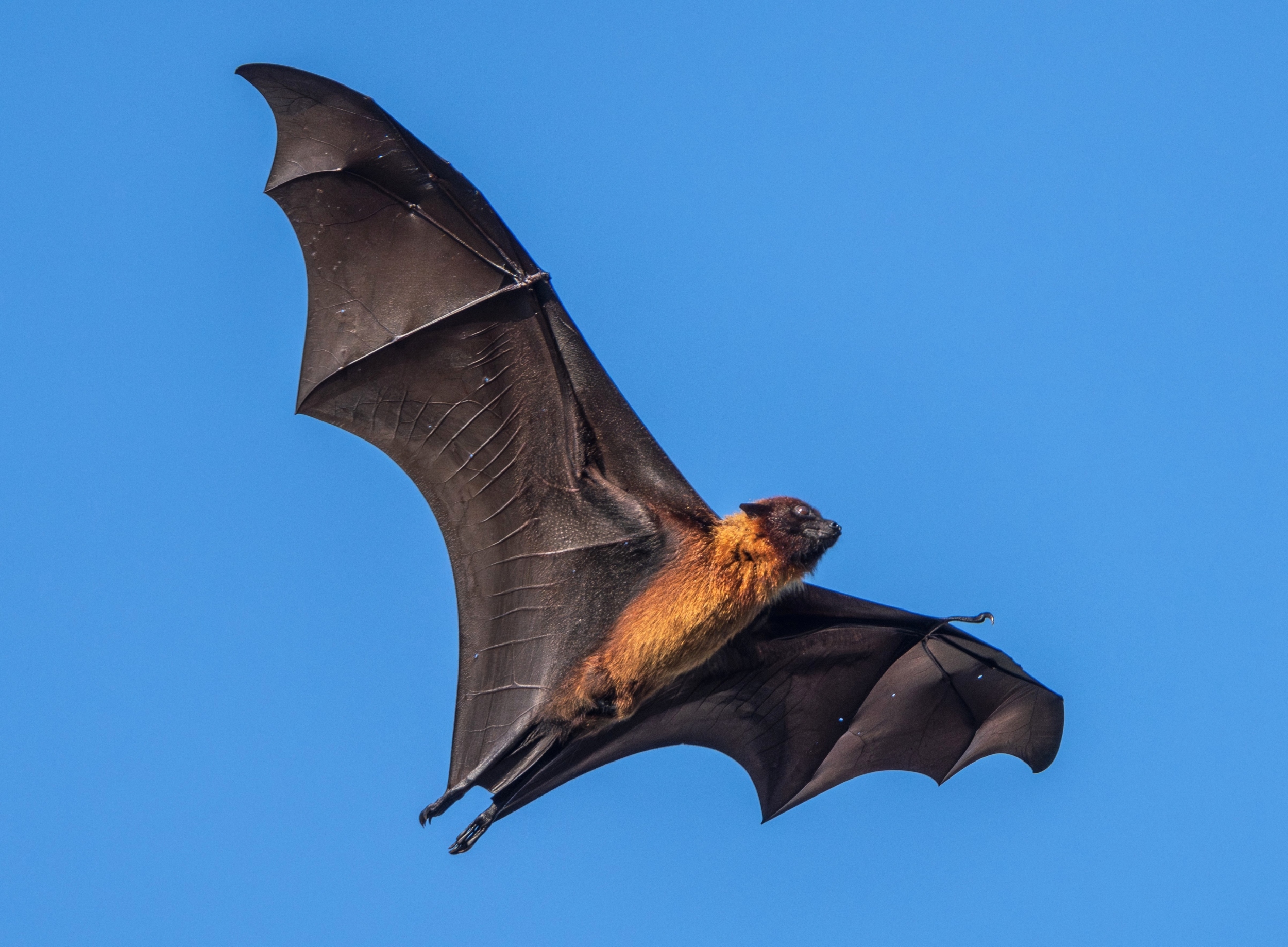
For the first time ever, scientists have tracked the brain activity of mammals navigating in the wild – not in a lab, but out in the open world.
A small group of fruit bats soared across the skies of Latham Island, doing what bats normally do….
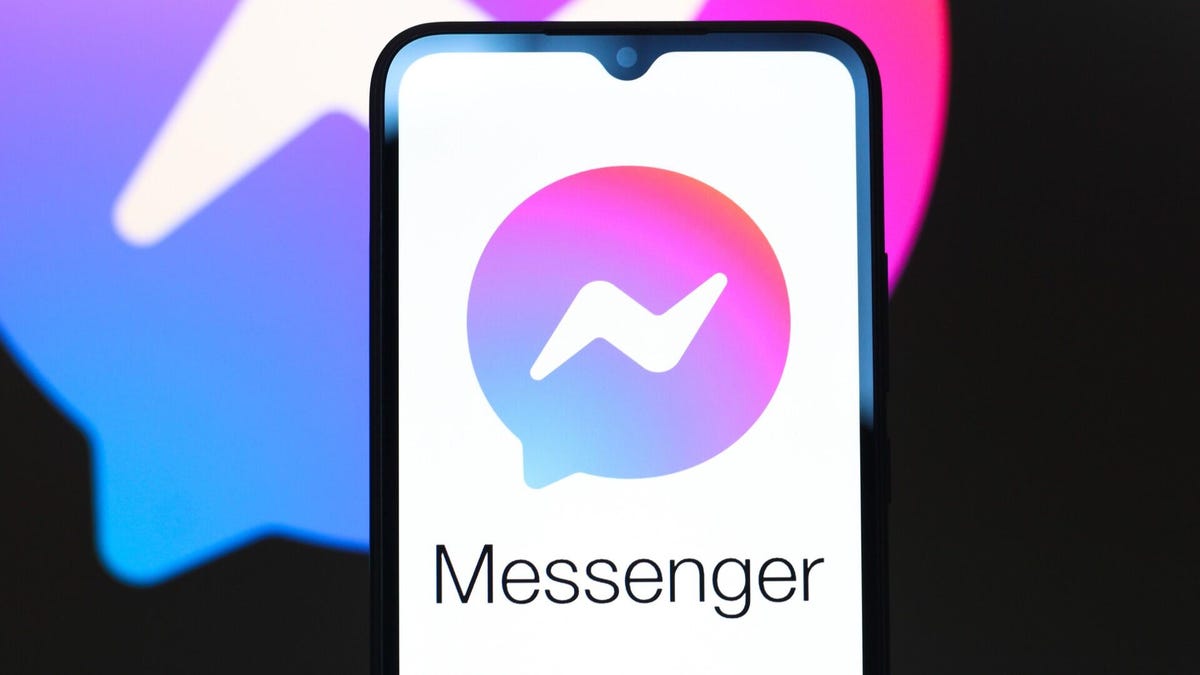
Meta is discontinuing its desktop Messenger apps for Windows and Mac. Starting Dec. 15, you’ll need to head to Facebook to continue chatting through the app on your computer.
Once the sundowning process begins, you’ll receive an in-app…

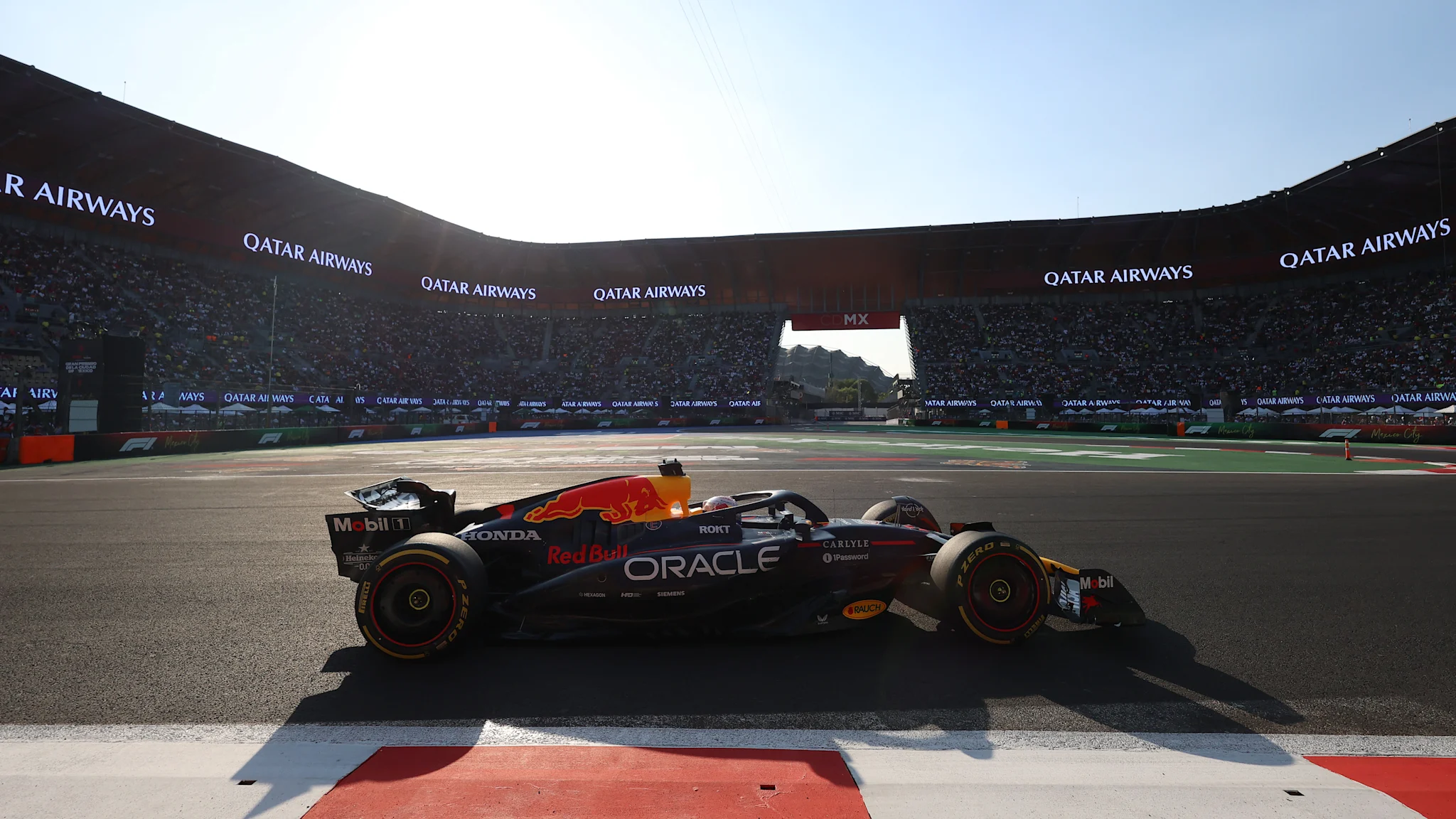
Max Verstappen ended Friday at the Mexico City Grand Prix at the top of the time sheets, setting the fastest lap in Free Practice 2 after sitting out the first session.
Verstappen was one of nine drivers to make way for rookies in FP1, but took…
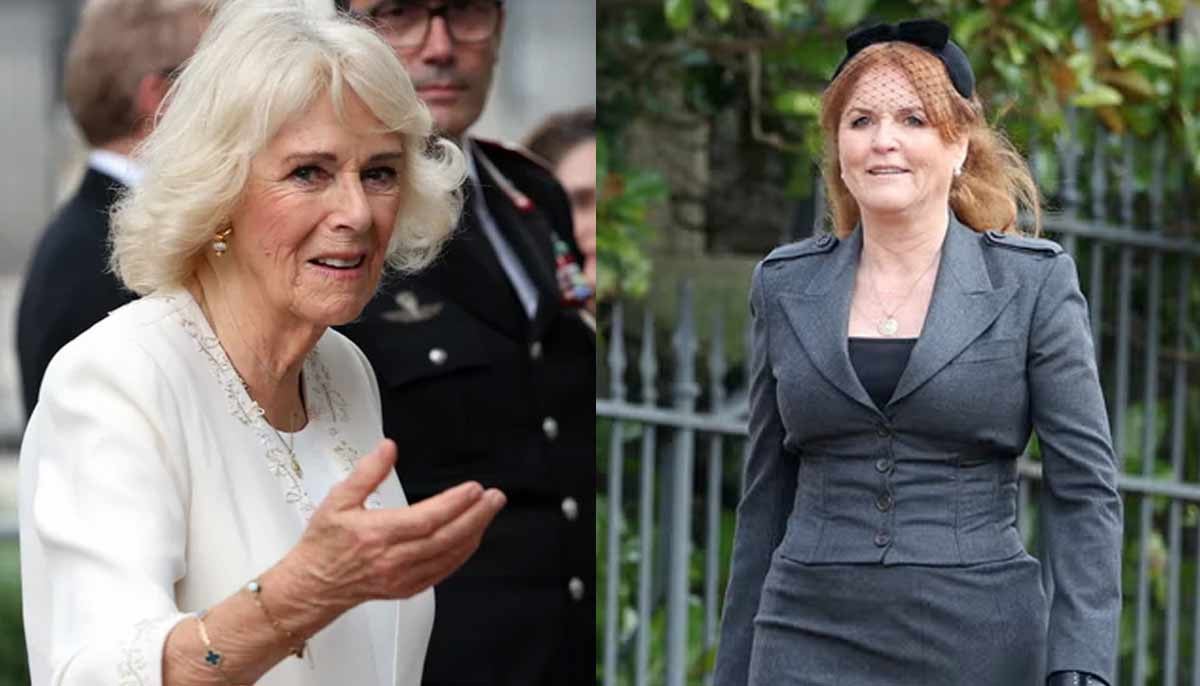
King Charles and Prince…

TOKYO (AP) — Elena Rybakina pulled out of the Pan Pacific Open on Saturday, citing a back problem a day after her quarterfinal victory clinched the last remaining spot for the WTA Finals.
The 2022 Wimbledon champion was due to face Linda Noskova…
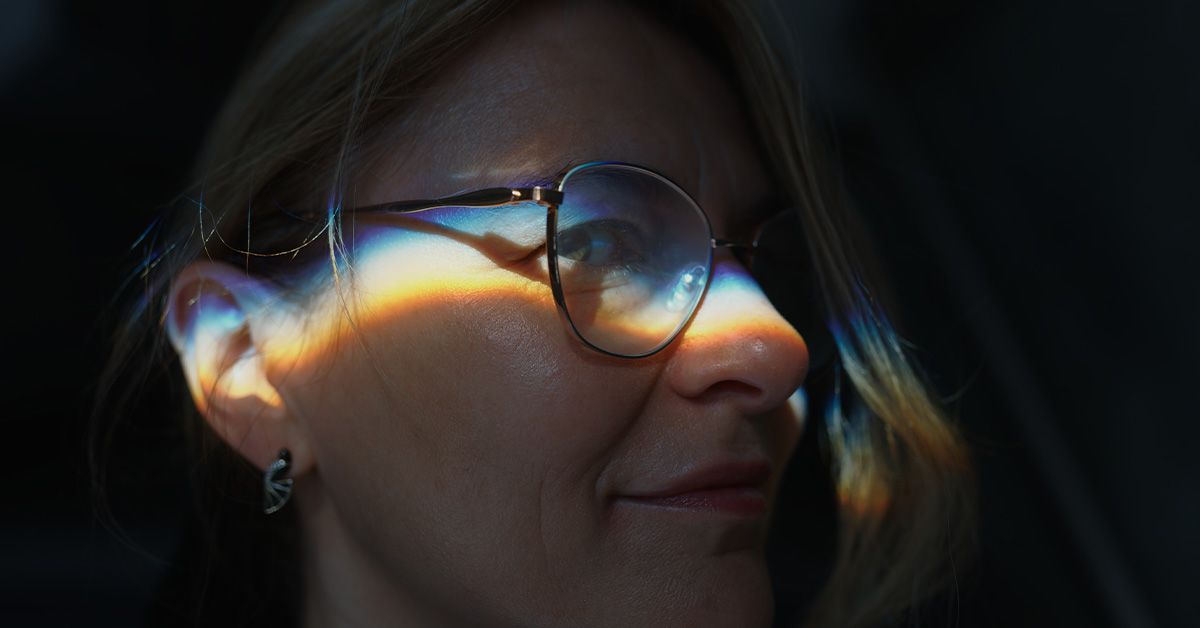

Lions v Ulster (12:45 BST)
Rob Herring captains Ulster
Joe Hopes makes his first Ulster start after being named in the…
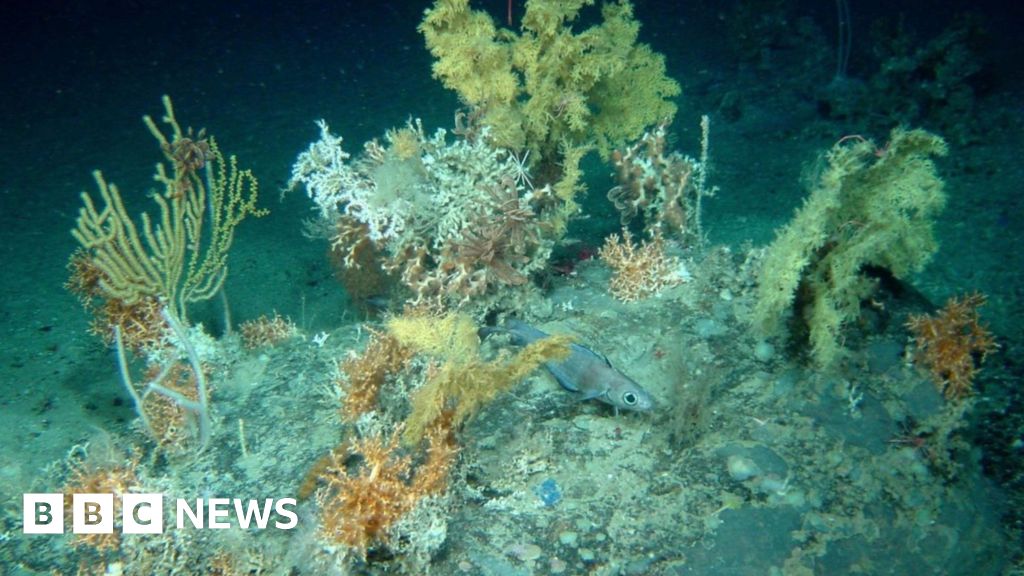
Vulnerable deep-sea habitats will be mapped with the help of artificial intelligence (AI) in a study made possible by a £2m investment.
The Deep Vision project – run by Plymouth Marine Laboratory and the University of Plymouth – will study ecosystems such as cold-water coral reefs and sponge fields in the Atlantic.
The aim is to build the largest-ever dataset of these habitats and help shape legal protections.
Leader of the project, Kerry Howell, said: “As the deep-sea becomes more accessible for exploitation, there is an urgent need to map its ecosystems to enable the conservation of biodiversity in this, the last wild frontier on Earth.”
She said AI could quickly and accurately tag thousands of deep-sea images.
The project will be funded by the Bezos Earth Fund as part of its AI for Climate and Nature Grand Challenge.